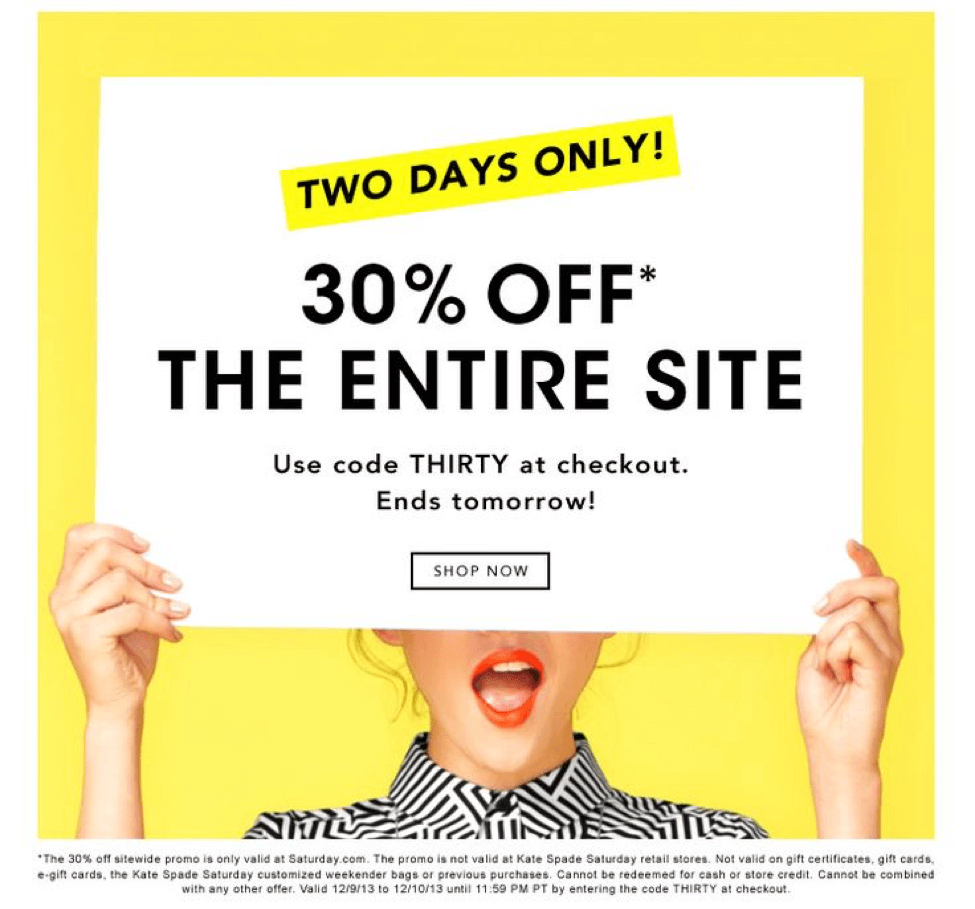How To Sell Using Fear
Recent Posts
How to Optimize NAP for Local SEO? Why You Should Automate Everyday Business Tasks Cheapest Web Hosting For Developers: Requirements And Considerations GPU Dedicated Server For High-Traffic Websites: Scaling And Performance How Blockchain is Revolutionizing Cross-Border Payments in Fintech Entertainment Beyond the Arena: Creative WWE Fan Experiences Boosting Restaurant Revenue: Integrating Online Ordering Systems A Guide to Visiting the Molokini Crater Tapping into the Potential: Why Forex Needs a Stronger Presence in Facebook Advertising B2B Marketing: The Ultimate Guide to Driving Business Growth in 2024 Creating a Personal Statement for Digital Marketing and Online Advertising Careers Achieving First-Page Rankings: Expert SEO Promotion TipsFear is powerful.
This is the ancient survival mechanism that has been driving people’s choices since the beginning of time. It’s completely automatic, and often, beyond our ability to control.
Inspiring people to take action may sometimes require fear. The most common place where you will see fear used in public advertisements come from public health issues. You’re likely to have seen images made to convince people to wear a seatbelt or stop smoking.

Before addressing the ethics behind marketing with fear, let’s start by examining how fear can be used to motivate people to buy, donate, or simply comply.
We focus on direct response and customer acquisition in e-commerce, lead gen, and mobile. When it comes to results and leads, we speak your language.
WHY DOES FEAR WORK WHEN IT COMES TO MARKETING?
There has been a significant amount of research trying to understand the underlying factors as to why fear motivates people to buy.
In regards to the fear in general, there are two major factors controlling how we experience fear:
- Perceived Vulnerability: “How likely is this going to hurt me?”
- Perceived Severity: “How much is this going to hurt me?”
People who feel they are likely (vulnerability) to be hurt (severity) will feel threatened. You may think that the response would be to take action that reduces that harm altogether.
However, there is another factor to consider which motivates people toward an action that avoids harm.
Now, you may want to pay attention here. This is the element that marketers are using to push an action toward a purchase, donation, or subscription.
The factor is called efficacy. Efficacy is a person’s perceived ability toward being able to act on the threat or not. If people feel they have no control, they will take no action.
How does this relate to marketing?
Let’s look at some examples.
If you intend to use fear to drive an action toward a specific purpose, you have to be able to convey to following:
- Are they likely to be affected?
- If they are affected, will it be painful?
- Do they have the ability to avoid that pain?
As a marketer, your goal will be to find the fears that are already motivating actions. Your ability to capture a fear already in the world then removing the threat with a solution you provide is the effective marketing approach.
Fear in marketing can be used in places like home security. The threat of someone breaking in, stealing your precious belongings and potentially harming your family is a very frightening thought. Of course, the solution to this would be to install the security system you happen to be selling.
The threat affecting them is real, harm and trauma from a break in. How painful it will be is subjective. However, there is a clear solution to avoid this kind of pain.
Let’s look specifically at a large organization’s efforts that uses fear to gain donations for their cause.

This campaign, titled “Before it’s too late” uses an end of the world approach to motivate viewers toward taking a specific action, make a donation.
Take a look at their website, you can learn a lot from their marketing tactics: WWF website.
The marketers at WWF strive to prove that the problem is real and it affects us all. Their campaigns give a sense that what we are doing is destroying the planet and along the way we are destroying ourselves.
HOW TO USE FEAR IN YOUR MARKETING CAMPAIGNS
If you’re wondering how fear can be translated into your marketing efforts, let’s take a look at a real example of fear used in advertising.
Take a look at this advertisement.

Do you see how they entice fear?
Here they are using the fear of missing out. This is a popular approach for marketers to entice action. Using phrases like, “ends tomorrow,” “this week only,” and “last day,” creates that urgency to act.
Making sure your customers know that there is a limited time and that time is running out can tap into their instincts to buy now before it’s too late!
USING FEAR TO INCREASE SALES
As you can see, fear is a great motivator to direct someone to a specific action. However, they shouldn’t be used excessive otherwise they’ll start to lose their effect and your credibility may be called to question.
Here’s a few ways to rewriting your marketing plans into a fear driven campaign:
Advertising
Instead of saying, “Advertising increases traffic to your store,” use, “If you’re not advertising you will have less traffic than your competitors and a significantly reduced revenue.”
Financial Strategy
Instead of saying, “We help you save more money on your taxes,” use, “Do you really want to pay more in taxes and limit your financial freedom?
Health Insurance Plan
Instead of saying, “it’s important to provide your prospective employees with an attractive package,” use, “Do you want to lose many great prospective employees because you don’t provide an attractive benefits package?”
These are just a few examples as to how you can write your marketing ideas into a fear based approach. The goal is to trigger the fear underlying the loss or damage of something valuable. Often, this can be in the form of reduced profits which is something everybody fears.
THE ETHICS OF FEAR IN MARKETING
Finally, let’s examine the ethics of using fear to sell. This may not be the only approach to making a sale, but it certain proves to be effective.
Depending on the product and services you provide, fear may be the only way to market successfully. Take for example WWF and other charities tackling global issues. They are able to get the funding for their humanitarian efforts by examining the fundamental root of the things we fear. Such as, the fear of poverty, the fear of bad health, the fear of death.
Fear may not apply directly to your marketing efforts, however you can see that the language you use can trigger fear based feelings.
Doing so allows you to connect with real fears already existing in the world and providing a solution for it.
However, in order to be a responsible marketer, there is always a fine line between ethical and unethical use of fear in marketing. The point here, tap into fear that exists, never try to create new fears in the world.

